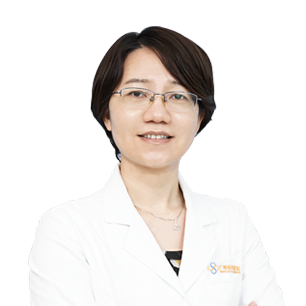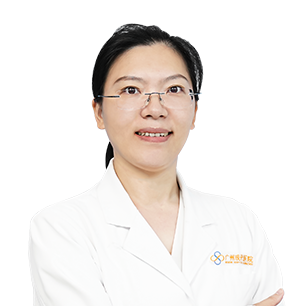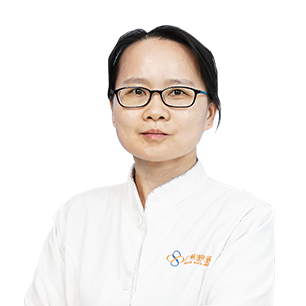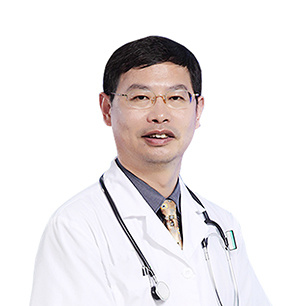 Views:55
Views:55 2024-07-13
2024-07-13 Share
Share

- Wei Ji Indonesia
- Diseases:cervical cancer
- Treatment programs:Interventional therapy + Natural therapy
In May 2023, Wei Ji (pseudonym), who had stage III cervical cancer, relapsed one month after surgery and came to our hospital (St. Stamford Modern Cancer Hospital Guangzhou) to seek better treatment methods, hoping to improve treatment hope.

(Wei Ji)
After total hysterectomy, the tumor still metastasized
Weiji recalled that her first physical problem was in March 2023. Three years after menopause, she developed vaginal bleeding, which lasted for three days. She went to see a gynecologist, and the examination result was cervical cancer. Although the result was hard to believe, Weiji and her family resolutely followed the doctor's advice and carried out active treatment. In early April, she underwent radical surgery to remove all the uterus and accessories.
Minimally invasive comprehensive therapy to reduce treatment injury
Remote consultation is our hospital specially set up for international patients, so that patients from all countries can enjoy the preliminary diagnosis of hospital experts at home. Using the remote consultation connection, our hospital’s experts had a "face-to-face" consultation with Weiji, saw her diagnosis in Indonesia, and gave a preliminary treatment plan.
In May, Weiji was officially admitted to the hospital. The doctor once again made a comprehensive examination of Weiji and formulated a minimally invasive comprehensive treatment plan based on "minimally invasive interventional therapy + natural therapy".
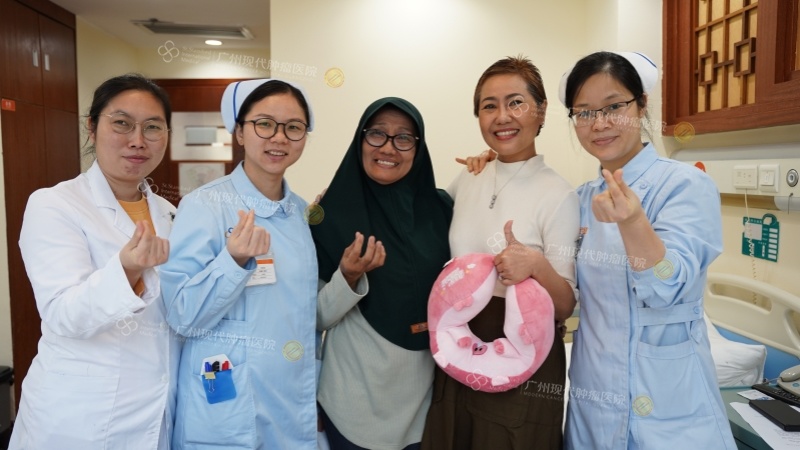
(Wei Ji and the medical staff)
Minimally invasive interventional therapy is a common method for the treatment of tumors. It is to directly deliver chemotherapy drugs to the tumor site through blood vessels, so that the chemotherapy drugs can directly play a therapeutic effect on tumor cells. The efficacy is more direct, the effect is faster, and the harm to human body is less.
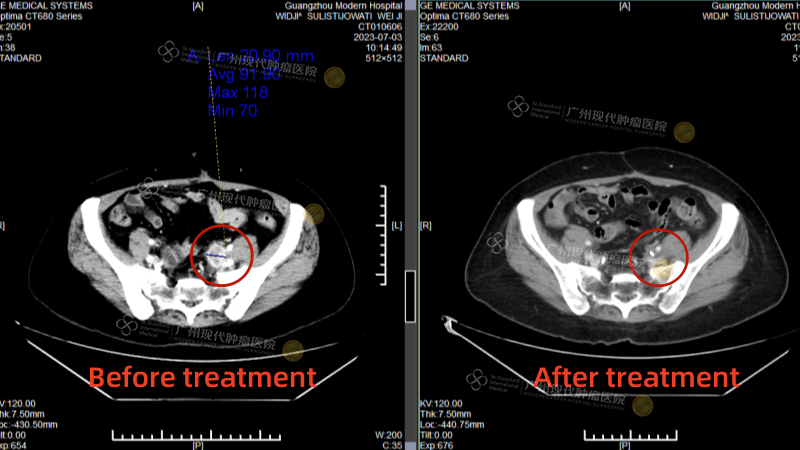
(CT scan comparison: before treatment vs after treatment)
However, the treatment was not successful. Weiji was not sensitive to the chemotherapy drugs used in the first interventional treatment. CT showed that the tumor not only did not decrease, but increased. The attending doctor said, "it is common for chemotherapy drugs to be ineffective for patients. According to Weiji's situation, we convened MDT experts for consultation, and customized the scheme for Weiji again. We changed the chemotherapy drugs and added another radiotherapy. It was supplemented with traditional Chinese medicine and natural therapy to minimize the damage to patients." Weiji's situation soon improved after the second treatment. Re-examination in November showed that the tumor had shrunk and tumor markers had been normal.
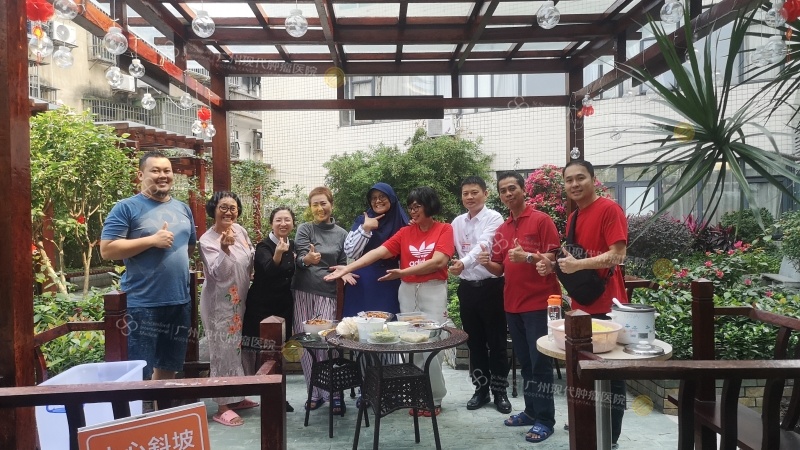
(Wei Ji and her familiy & service staff)
My condition is stable and I'm happy to go home.
After 3 months of treatment, the existence of tumor could not be seen on CT. Weiji's condition was basically stable. On November 24, Weiji was discharged from the hospital happily. Before leaving the hospital, she said, "I hope other patients can also get good treatment. Don't give up. God will bless us. I believe St. Stamford Modern Cancer Hospital Guangzhou’s doctors, if we patiently go through all the treatment process, everything will be better."











